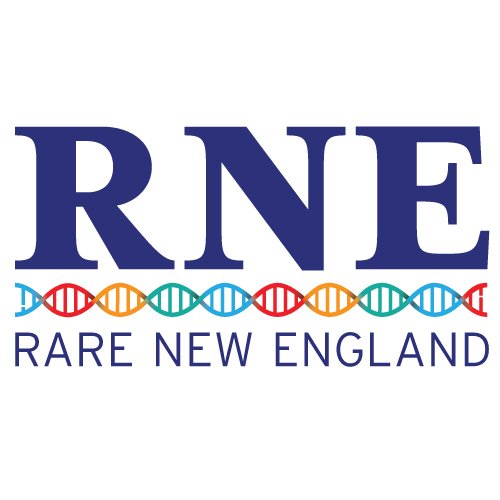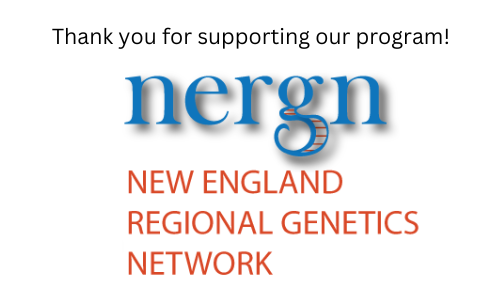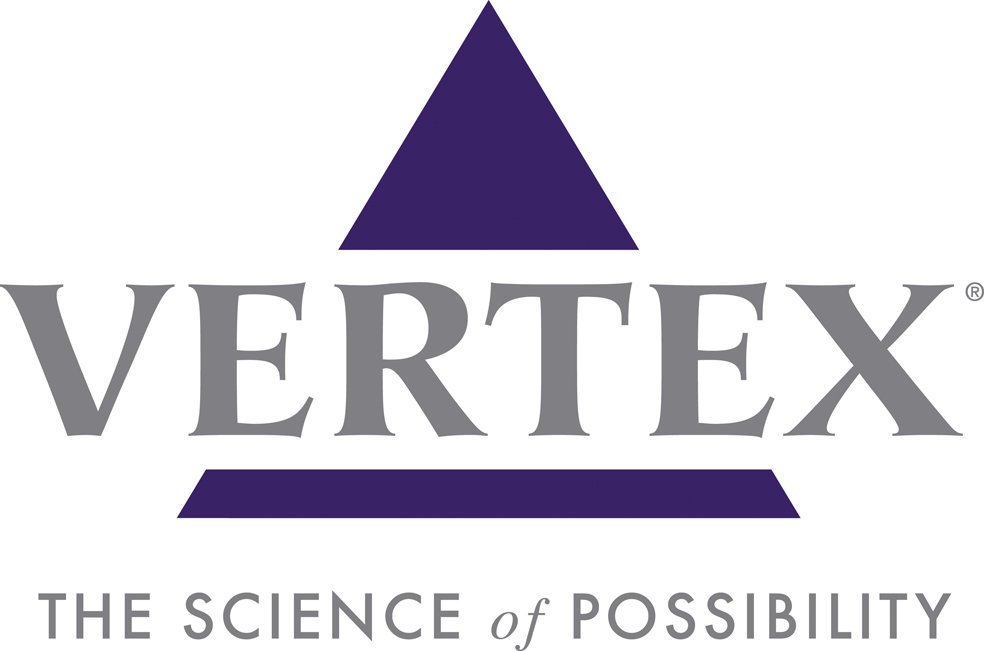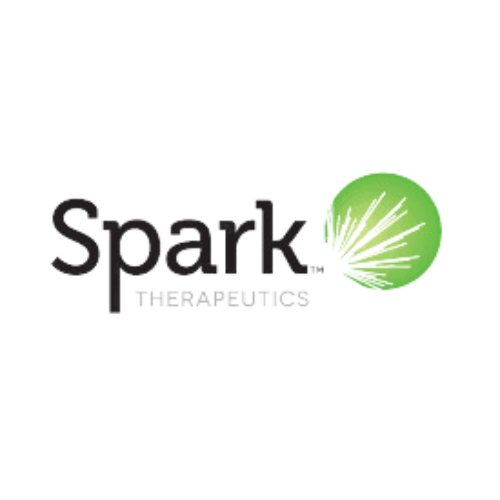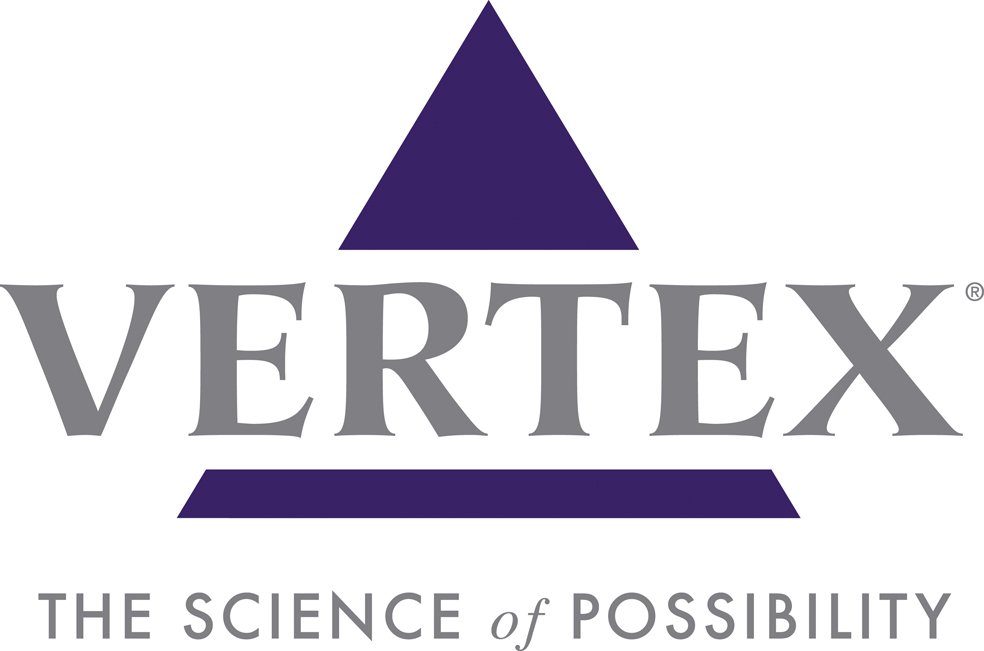Exciting Announcement to Share!
Formally known as the Medical Genetics Career Fairs, we have transitioned the name of this program to cater to more of the community.
Welcome to the Genetic Career Pathways Forums!
Beginning Spring 2024, Rare New England is thrilled to now be offering two tracks within this program! One track will be offered for a career in Genetics and the other will be offered for a career as a Genetic Counselor!
Please see below for more information.
Genetic Career Pathways Forums
These Genetic Career Pathways Forums aim to attract and inspire young professionals - medical students, pediatric and medical interns/residents, undergraduate/graduate genetics students, and genetic counseling students - to consider a career in Genetics and Genetic Counseling.
Genetics is a very promising and expanding area of medicine but one with a serious workforce shortage. This shortage is compromising the promising benefits that can come from all the research and clinical effort underway in this country and around the world.
Attendees of the Genetic Career Pathways Forums will have an opportunity to experience one of two tracks: Genetics and Genetic Counseling.
Genetics: Hear from three different types of geneticists - a clinical (or general) geneticist, a biochemical (or metabolic) geneticist, and a research/laboratory/industry geneticist.
Genetic Counseling: Hear from three different types of genetic counselors - a clinical (or general) genetic counselor, a genetic and genomics genetic counselor, and a research genetic counselor.
Speakers describe “a day in the life of a geneticist/genetic counselor” They talk about interesting cases and share their passion for patient care and/or contributing to science and the development of new therapies.
Table of Contents:
Click a link to jump to that section.
